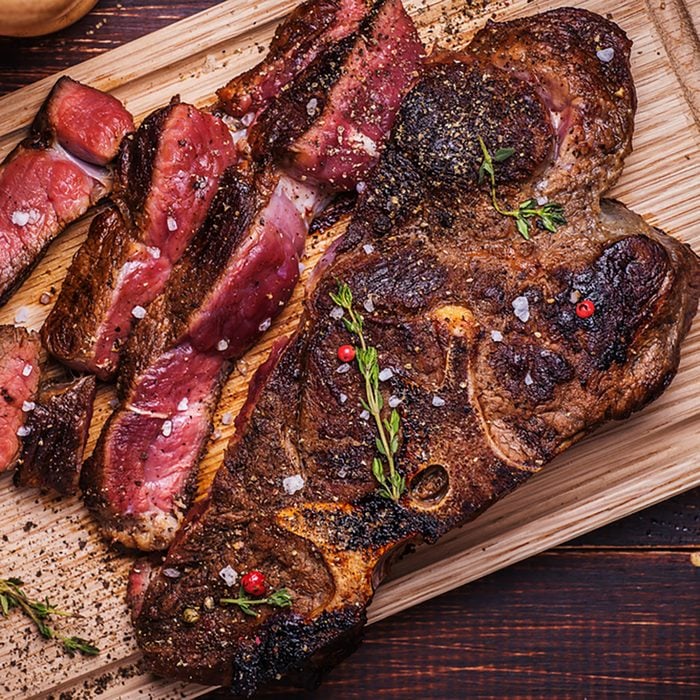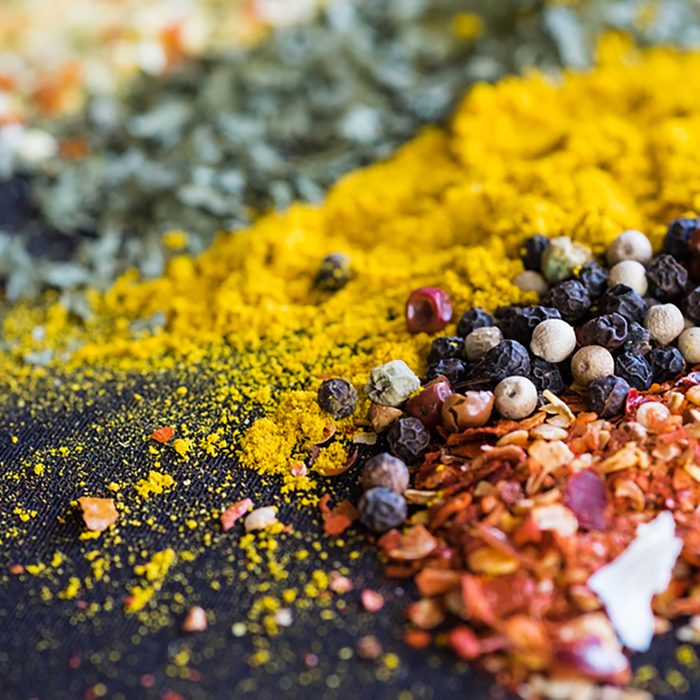There’s no need to throw away a dish that doesn’t taste right, looks right, or is the right temperature or color. Instead, try one of these simple fixes.
Beef stew is a comforting hearty dish that warms you up on a chilly day. But when your stew turns out bitter it can ruin the whole meal. Don’t worry – with a few fixes, you can balance the flavors and save that bitter beef stew.
In this comprehensive guide we’ll cover the common causes of bitterness and walk through techniques to fix it. From adding sweetness to adjusting seasoning we’ve got you covered on how to fix bitter beef stew. Let’s get cooking!
What Causes Bitter Beef Stew?
Before fixing bitterness, it helps to understand what causes it in beef stew. Here are some of the main culprits:
-
Overcooking – Cooking the stew too long can make veggies mushy and beef dry, intensifying bitter flavors.
-
Burned onions or garlic – Browning these too much creates bitter compounds.
-
Cheap olive oil – Poor quality oil can taste bitter when heated. Stick to good extra virgin.
-
Too much tomato paste – Lots of concentrated tomato paste amplifies bitterness.
-
Alcohol – Uncooked wine or beer leaves bitter alcohols. Ensure it simmers off.
-
Poor quality meat – Gristly, old or improperly butchered beef has more bitter protein fragments.
-
Overly tannic red wine – Some wines add pleasant fruitiness. Others bring harsh tannins.
Knowing the likely source of bitterness helps narrow down how to fix it. Now let’s get to those solutions!
Quick Fixes to Balance Bitter Stew
If your stew already tastes bitter, there are a few quick fixes you can try:
-
Add a pat of butter or splash of cream – Rich dairy fats coat the tongue and smooth out bitterness.
-
Stir in a teaspoon of sugar – A touch of sugar balances out bitterness surprisingly well.
-
Splash in some lemon juice – Bright acidity counteracts bitter flavors.
-
Toss in a chopped apple – Sweet-tart apple balances bitterness.
-
Simmer a bay leaf – Bay subtly bolsters the flavor layers.
-
Garnish with parsley – Fresh herb brightness balances bitterness.
These easy fixes help rectify bitter stew on the fly. Next, we’ll cover more thorough bitterness balancing tactics.
Thorough Techniques for Fixing Bitter Stew
For a truly bitterness-free beef stew, use these robust flavor balancing techniques:
Add Sweetness
Sweetness directly counters stew bitterness. Here’s how to add it:
- Caramelize onions well for natural sweetness
- Stir in a grated carrot or sweet potato
- Use sweet paprika and tomato paste sparingly
- Deglaze with Marsala, sherry or Madeira wine
- Splash in apple cider, pineapple juice or cranberry juice
- Stir in a teaspoon of brown sugar, honey or maple syrup
- Finish with a swirl of heavy cream or creme fraiche
Aim for a subtle, background sweetness that lifts the whole stew.
Adjust Seasoning
Seasoning tweaks can work wonders on bitter stew:
- Umami-boosters: Soy sauce, Worcestershire, tomato paste
- Herbs and spices: Rosemary, thyme, sage, cinnamon, clove
- Salt and pepper: Enhance overall flavor and aroma
- Acidic dash: Lime juice, red wine vinegar, tomato juice
- Meaty accents: Marmite, anchovies, bacon ends
- Sweet touches: Brown sugar, honey, maple syrup, fruit jam
Taste and tweak until the flavors feel balanced and harmonious.
Use Better Beef
Lower quality beef often means more bitterness. For tender, flavorful stew meat, go for:
- Chuck roast – Tons of flavor with the right fat
- Bottom round – Lean but tender when braised
- Brisket – Delicious braised and falls apart in chunks
- Short ribs – Rich, beefy flavor
Quality grass-fed beef also avoids bitterness from hormones and feed.
Adjust Cooking Time and Method
Proper cooking minimizes bitter flavors:
- Brown the meat – Searing adds tons of flavor
- Simmer, don’t boil – Gentle simmering yields tender meat
- Cook until fork tender – Don’t overcook the meat to dryness
- Cook veggies separately – Parcook vegetables to avoid mushiness
- Use boiled potatoes – They hold their shape better than baking potatoes
With the right cooking method, your stew will be tender and full of flavor.
Preventing Bitterness in Future Stews
Now that you know how to fix bitter beef stew, here are some tips to stop it from happening in the first place:
- Choose sweet onions over pungent varieties
- Cook wine down fully before adding other liquids
- Limit tomato paste to a tablespoon per stew
- Add paprika towards the end of cooking
- Always use fresh, high-quality olive oil
- Don’t overload the stew with too many vegetables
- Trim beef fully of excess fat, sinew, silverskin
- Splash some vinegar or lemon juice in while cooking
- Finish with a pat of butter or swirl of cream
With attention to ingredients and technique, your beef stew will turn out perfectly sweet and meaty every time. No more bitterness woes!
Let us know if you have any other tips for fixing bitter beef stew. And don’t throw it out until you’ve tried these fixes – with a few tweaks, you can save that bitter stew. Get cooking!

Yikes! You made your dinner too spicy
When your food tastes too spicy, and the spice comes from peppers, you can immediately counteract it with dairy such as cream or butter. Dairy products contain casein, a fat-loving compound that binds with spicy capsaicin oil and then washes it away, according to Discovery.com. If the spiciness is from non-pepper sources, you can also fix it with a touch of cream or butter. Also effective: a pinch of sugar or a dollop of nut butter.

Your dish has a bitter flavor
Sometimes when you cook with certain spices or greens, your dish can end up tasting too bitter. Turmeric, for example, makes things bitter, but it also gives them a great eastern flavor and is very good for you. It’s like how fats and sugar can make coffee taste less bitter. They can smooth out the bitter parts of a dish. So add a spoonful of sugar, cream or butter to tame that bitterness.

How to Get Rid of the Sour Taste in My Stew : Preparing Stews: Tips & Tricks
Why does beef stew sometimes taste bitter?
The bitterness in beef stew might be more noticeable due to a lack of other flavors. Traditional ingredients like onions, which are often used in large quantities, sweeten the pot when pre-sauteed to develop taste. Carrots are another vegetable that adds sweetness.
Why is my Stew bitter?
Why is my stew bitter ? Stew can turn bitter if you’ve used too much tomato paste, burned the onions or garlic, if you’ve added too much red wine, and if you’ve used substandard olive oil. There was ways to fix this – mainly milk fat and/or sugar – but there are cases when the bitterness is too strong.
How do you fix a bland stew?
This is fixable: just add appropriate stock and perhaps something to thicken (although the disintegrating vegetables may serve that purpose just fine). However, you will dilute the flavor of the stew. Under-seasoned and bland. This is also fixable: add salt, pepper, and other seasonings of your choice.
How do you fix acidic stew?
Fixing acidic stew is a snap once you know the secret. Scoop ¼ tsp. of baking soda out of the box or canister. Baking soda is alkaline and neutralizes acids. Sprinkle the baking soda all over the surface of the beef stew. Don’t be alarmed if it sizzles and bubbles up.
